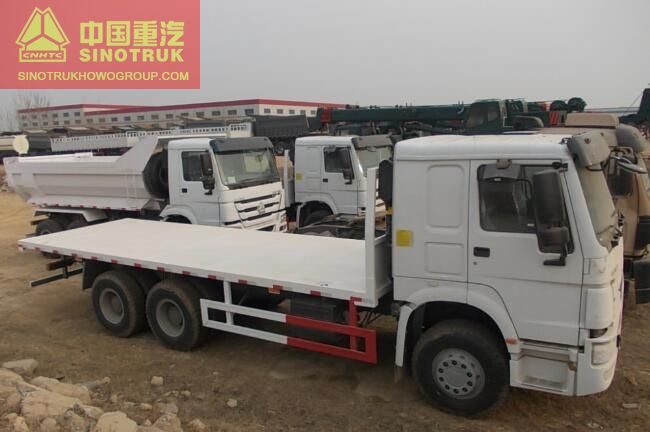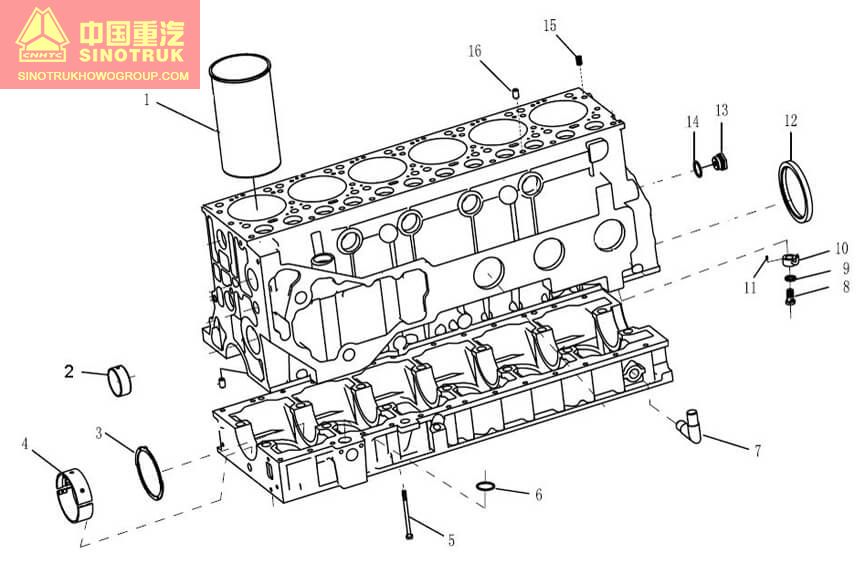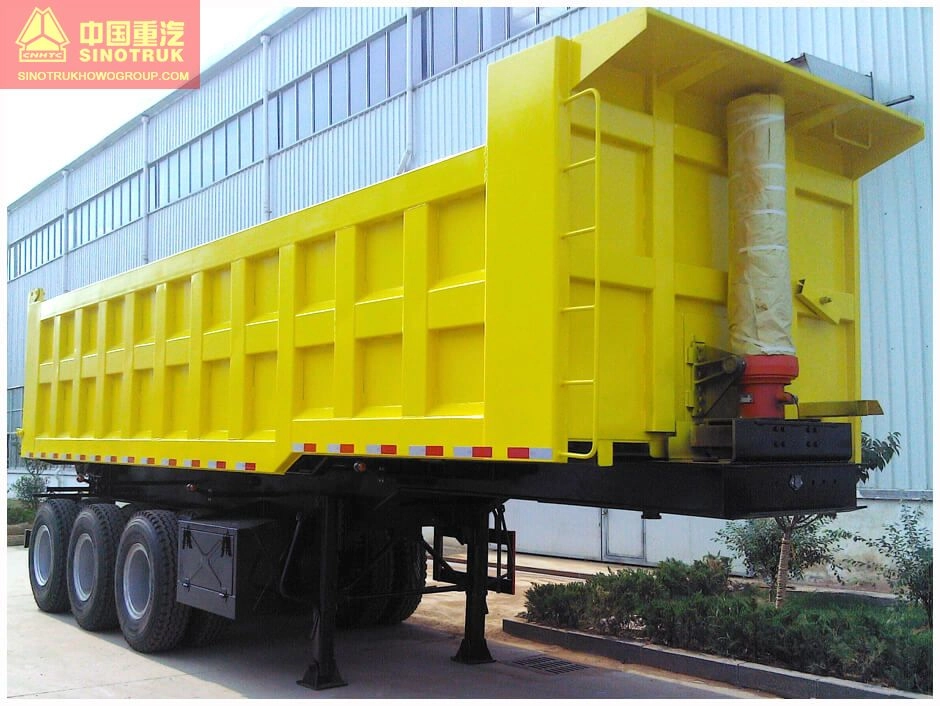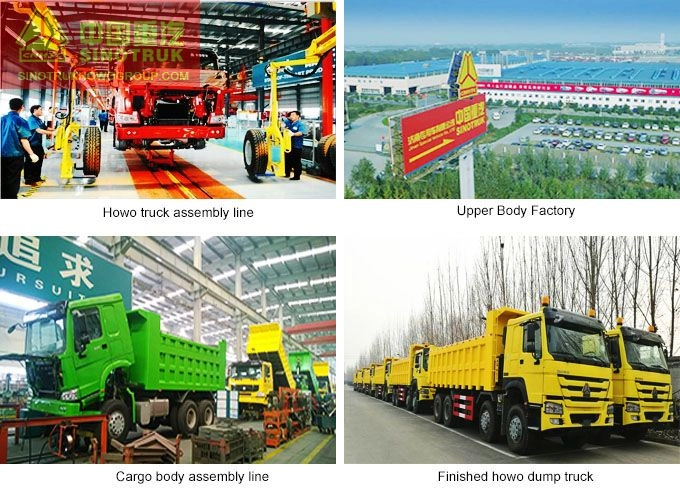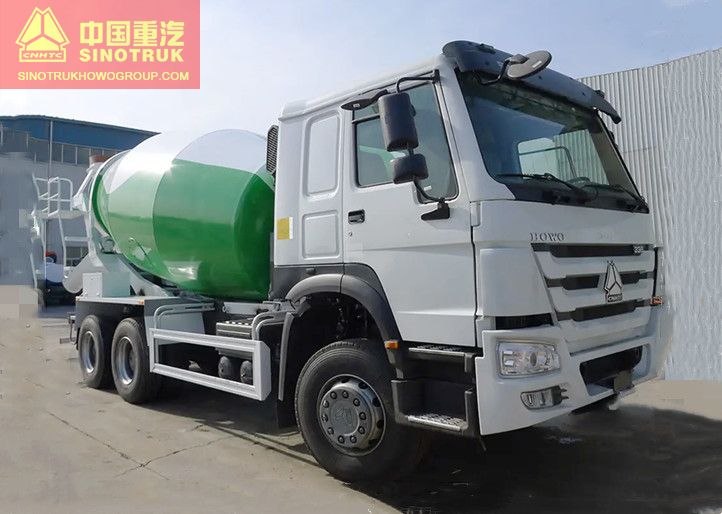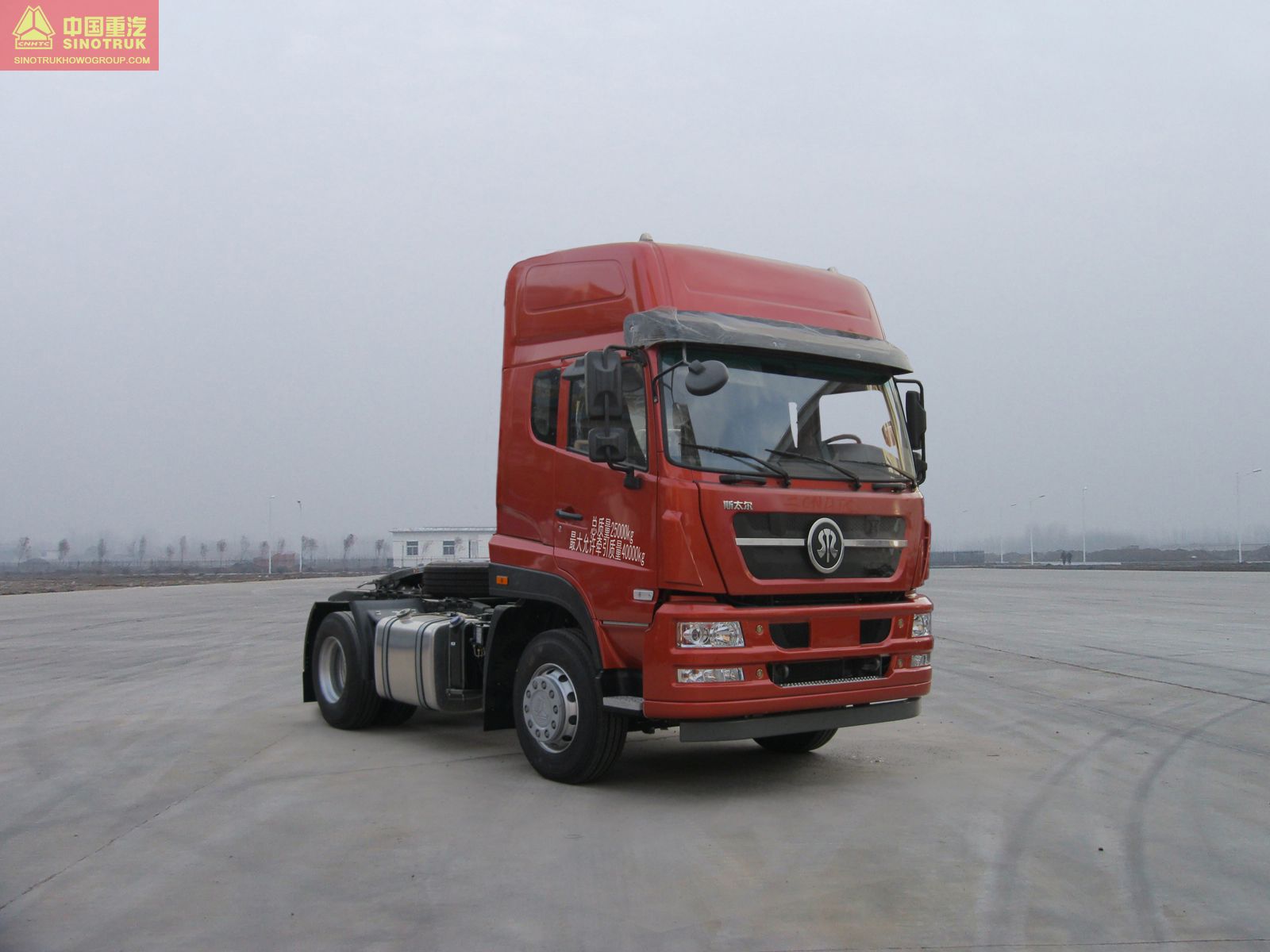trucks in china,overloaded trucks in china
- Release time:04-26-2024
- Source:Sinotruk HOWO
Trucks in China: A Vital Component of the Nation's Economy
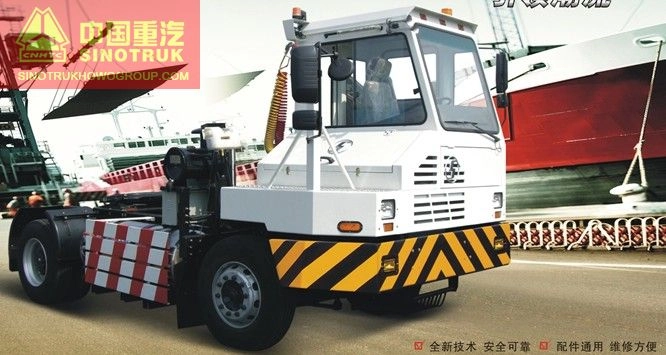
China, the world's most populous nation and second-largest economy, boasts a robust transportation sector, with trucks playing a pivotal role in its logistical backbone. These vehicles, often seen as the lifeblood of supply chains, are instrumental in moving goods across the vast country, connecting manufacturers with consumers and supporting a diverse range of industries.
The Scale of China's Trucking Industry
The Chinese truck market is enormous, reflecting the scale of the country's manufacturing prowess. In 2020, despite the global pandemic, China's truck sales exceeded 4.5 million units, accounting for a significant portion of the global market (source: China Association of Automobile Manufacturers). Key players such as FAW, Dongfeng, and Sinotruk have contributed to this growth, offering a wide array of models designed to meet the diverse needs of the market.
Technological Advancements and Sustainability
China is not only a manufacturing giant but also a leader in technological innovation. This is evident in the trucking sector, where electric and autonomous trucks are increasingly becoming a reality. For instance, Tesla's Shanghai Gigafactory is producing the electric Semi truck, while domestic companies like Xpeng are also venturing into electric commercial vehicles. The government's push for cleaner energy, as part of its commitment to reducing carbon emissions, is further accelerating this transition (source: China Daily).
Challenges and Solutions
Despite its impressive size and growth, the Chinese trucking industry faces challenges, including traffic congestion, driver shortages, and the need for improved road infrastructure. To address these, the government is investing heavily in smart transportation systems and promoting the use of technology to optimize logistics. For example, the "Internet Plus" initiative aims to integrate the internet with traditional industries, streamlining supply chain operations (source: China Briefing).
The Future of Trucks in China
trucks in China are more than just a mode of transportation; they are a symbol of the country's economic vitality and its capacity for innovation. As China continues to evolve, so will its trucking industry, embracing new technologies and sustainable practices. With a focus on efficiency and environmental sustainability, the future of trucks in China promises to be as dynamic and transformative as the nation itself. This sector's ongoing evolution is a testament to China's commitment to growth, innovation, and global leadership in the automotive industry.
overloaded trucks in china
1. The Issue of Overloaded Trucks in China: A Growing Concern
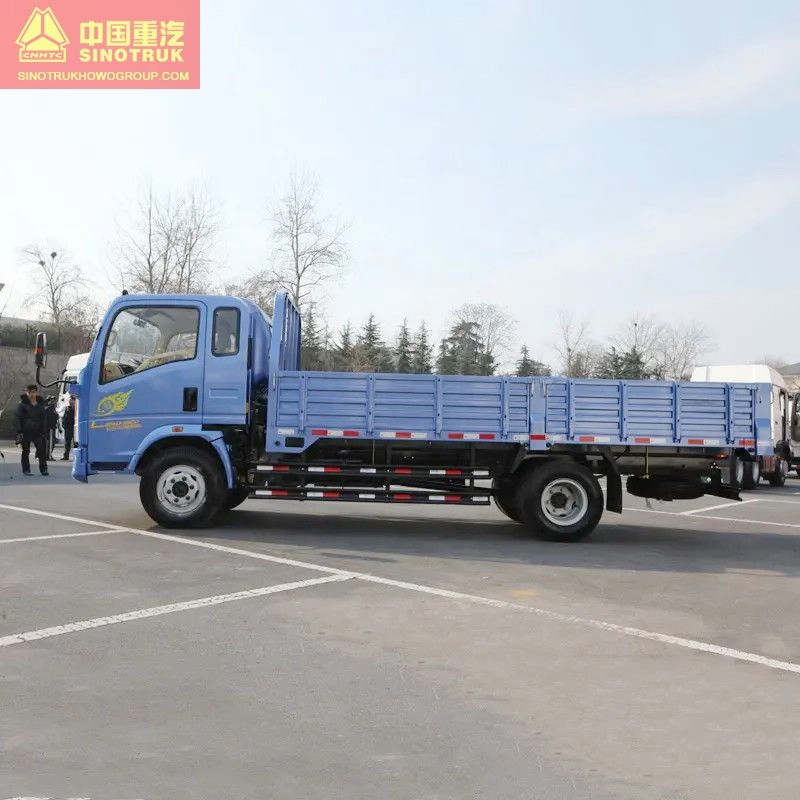
China, a global economic powerhouse, is grappling with a pressing issue that not only threatens its infrastructure but also compromises road safety: overloaded trucks. This phenomenon, where commercial vehicles exceed their maximum weight capacity, has become a ubiquitous sight on Chinese highways, posing significant challenges to the country's transportation system.
2. The Consequences: Worn Infrastructure and Endangered Lives
The impact of overloaded trucks is two-fold. Firstly, they put immense pressure on roads, bridges, and other structures, accelerating wear and tear and reducing their lifespan. In 2018, a bridge in Hunan province collapsed due to an overloaded truck, highlighting the severity of the problem. Secondly, these vehicles are a major road safety hazard. Overloaded trucks have slower braking capabilities, making them more prone to accidents, as seen in the 2019 crash in Hebei province that claimed several lives.
3. The Root Causes: Economic Pressures and Regulatory Loopholes
The root of this issue lies in the competitive nature of the logistics industry. To meet tight delivery deadlines and cut costs, truck owners and operators often overload their vehicles. Additionally, inadequate enforcement of weight regulations and loopholes in the inspection system further exacerbate the problem. For instance, a 2019 report by the Ministry of Transport revealed that only a fraction of trucks were inspected for overloading.
4. Path to Reform: Policy Interventions and Technological Solutions
Addressing this issue requires a multi-pronged approach. The government has stepped up efforts, introducing stricter weight regulations and harsher penalties for violators. For instance, in 2016, new guidelines were implemented to strengthen weight checks. technology could also play a pivotal role. The use of GPS tracking and real-time weight monitoring systems can aid in preventing overloading before it occurs.
overloaded trucks in China are a complex issue that calls for a blend of stricter regulations, robust enforcement, and innovative technology. It is a battle that requires the collective effort of the government, the logistics industry, and technology providers to ensure the safety of China's roads and its citizens. Only then can the country's transport network function optimally, supporting its economic growth while ensuring public safety.
This article aims to shed light on the problem, understand its causes, and explore potential solutions. It underscores the importance of addressing this issue, not just for China but for any nation grappling with similar challenges in their transportation sector.
electric trucks in china
Introduction: China's Electric Truck Revolution
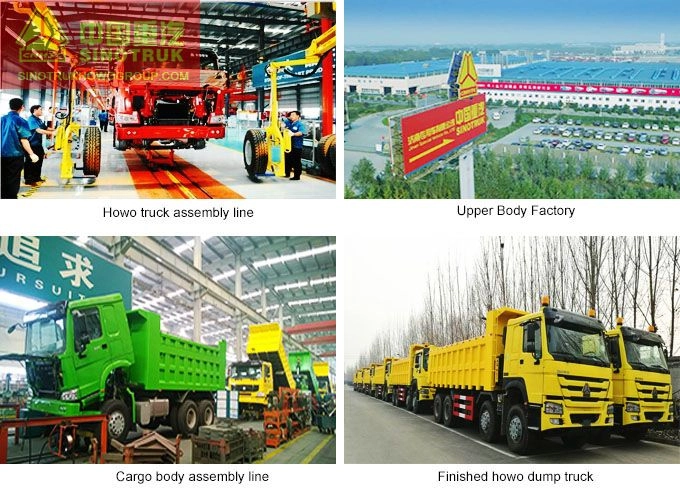
China, the world's largest auto market, is at the forefront of a silent revolution in transportation: the electrification of commercial trucks. With a commitment to reducing carbon emissions and improving air quality, the country is swiftly embracing electric trucks as a sustainable solution for its bustling logistics industry.
Policy Drivers and Incentives
The Chinese government's push for electric vehicles (EVs) is not just a green initiative but also a strategic move to foster domestic innovation and reduce reliance on fossil fuels. The New Energy Vehicle (NEV) policy, introduced in 2009, offers subsidies, tax exemptions, and other incentives for EV manufacturers and buyers. As a result, companies like BYD and Tesla's Chinese rival, NIO, have flourished, with electric trucks becoming a key part of their portfolios.
Market Growth and Adoption
The Chinese market for electric trucks has seen exponential growth . In 2020, China accounted for over 40% of global electric truck sales, according to BloombergNEF. Major logistics players like SF Express and JD.com have incorporated EVs into their fleets, recognizing the benefits of reduced operational costs and environmental footprint. For instance, SF Express has pledged to convert its entire fleet to electric by 2025.
Challenges and Solutions
Despite the rapid progress, challenges persist, including range anxiety, charging infrastructure, and high upfront costs. companies are actively working on solutions. For example, manufacturers are developing trucks with larger battery capacities, while the government is investing in a nationwide charging network. the economies of scale from mass production are expected to lower costs over time.
A Sustainable Future Takes Shape
China's electric truck revolution is a testament to the country's commitment to sustainable development. As technology advances, infrastructure improves, and costs decrease, electric trucks are poised to become the new standard in Chinese logistics. This shift not only contributes to cleaner air but also signals a transformative change in the global transportation industry, with China leading the charge.
China's electric truck market is a dynamic force driving the world towards a more sustainable future. With strong policy support, rapid market adoption, and ongoing efforts to address challenges, the electric truck revolution in China is well underway, setting a blueprint for other nations to follow.

